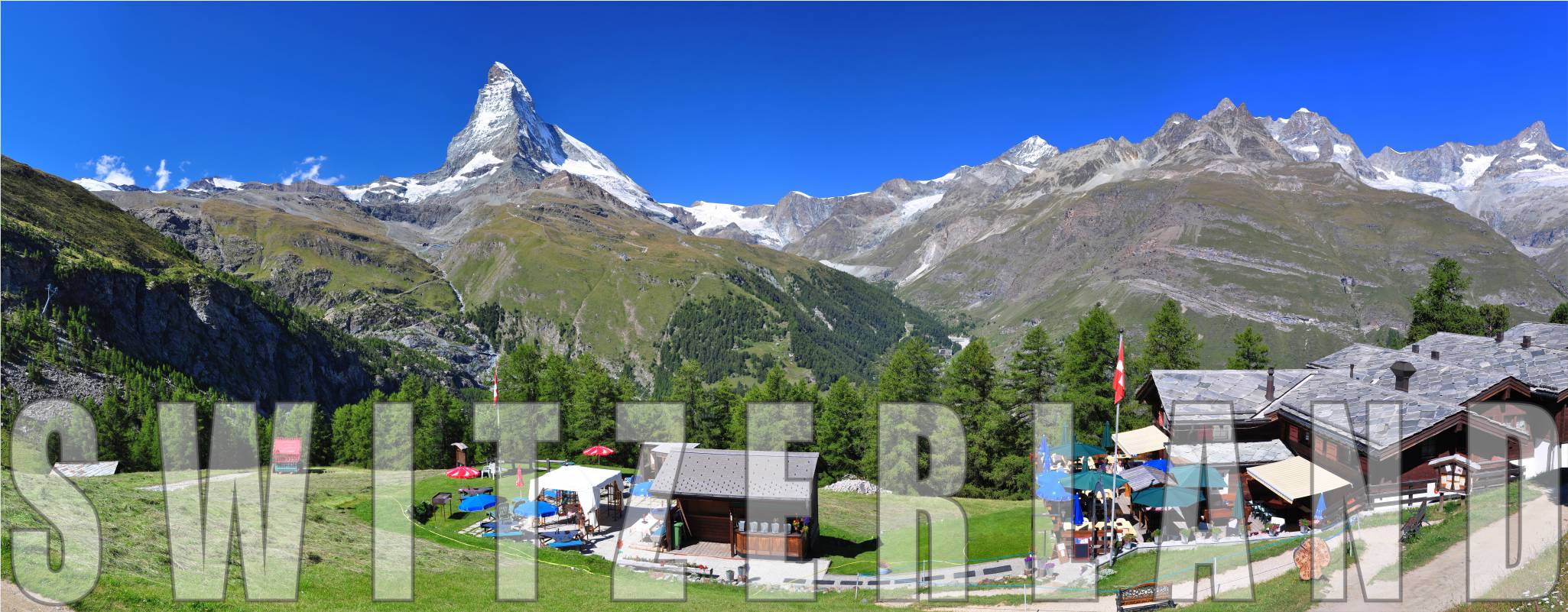


Switzerland location, climate & geography
Switzerland is located in Central Europe, bordered by Germany to the north, France to the west, Italy to the south, and Austria and Liechtenstein to the east. Despite its relatively small size, Switzerland’s geography is remarkably diverse, with the majestic Alps dominating the southern and eastern regions, the Jura mountains along the northwest, and the Swiss Plateau in between.
The Alps, which cover about 60% of the country’s land area, are home to some of Europe’s highest peaks, including the Matterhorn, Eiger, and Jungfrau. These mountains provide a dramatic backdrop for a range of outdoor activities, from skiing and snowboarding in winter to hiking and mountain biking in summer. The Plateau, where most of the population lives, is characterized by rolling hills, fertile farmland, and major cities such as Zurich, Geneva, and Bern.
Switzerland’s climate varies by region and altitude. The Plateau enjoys a temperate climate with moderate rainfall, warm summers, and cold winters. The Alpine regions experience a more extreme climate, with heavy snowfall in winter and cooler temperatures year-round. The southern Ticino region, influenced by the Mediterranean, has milder winters and warm summers, often with more sunshine.
Switzerland is also famous for its pristine lakes, with Lake Geneva, Lake Zurich, and Lake Lucerne being among the most notable. These lakes, along with the country’s rivers and forests, contribute to Switzerland’s reputation for natural beauty and outdoor recreation.
Overall, Switzerland’s unique geography and varied climate make it a year-round destination for nature lovers, adventure seekers, and those seeking a tranquil retreat.
10 things to know when travelling to Switzerland
1. Swiss Watches: Switzerland is famous for its precision watchmaking, with brands like Rolex and Patek Philippe being symbols of luxury and craftsmanship.
2. Four Official Languages: Switzerland has four official languages—German, French, Italian, and Romansh—each region reflecting its unique cultural influence.
3. Swiss Cheese: Swiss cheese, including varieties like Emmental and Gruyère, is an essential part of the country’s culinary tradition.
4. Scenic Train Rides: The Glacier Express and Bernina Express offer some of the most scenic train journeys in the world, traversing the stunning Swiss Alps.
5. Fondue and Raclette: Cheese fondue and raclette are traditional Swiss dishes, perfect for a cozy meal in the winter months.
6. Alpine Villages: Picturesque alpine villages like Zermatt and Grindelwald offer charming accommodations and stunning views of the surrounding mountains.
7. Banking Secrecy: Switzerland is known for its banking industry, historically characterized by strict privacy laws and financial security.
8. UNESCO World Heritage Sites: Switzerland boasts several UNESCO World Heritage sites, including the Old City of Bern and the Lavaux Vineyard Terraces.
9. Outdoor Activities: Beyond skiing, Switzerland offers year-round outdoor activities, including hiking, paragliding, and lake cruises.
10. Chocolate: Swiss chocolate is world-renowned, with brands like Lindt and Toblerone offering delectable treats that are perfect souvenirs.
Last update August 2024










